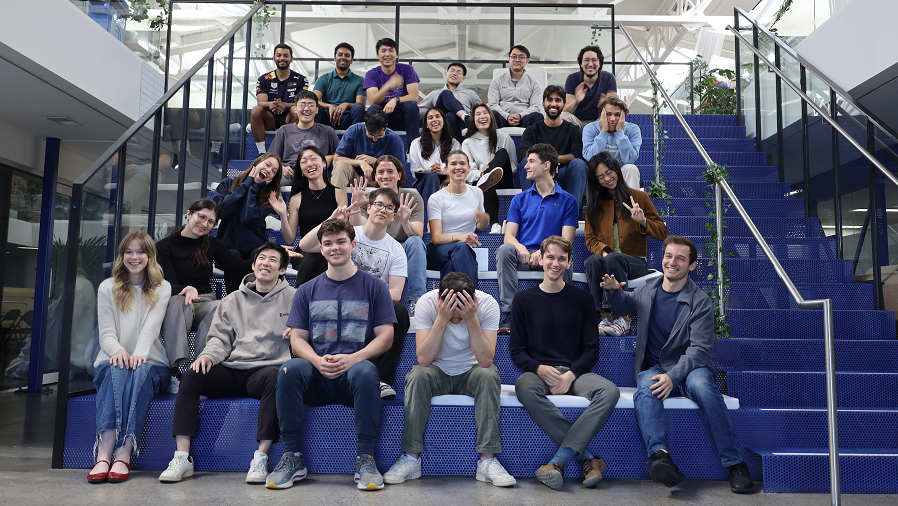Exa Labs Inc., a startup with a search engine that artificial intelligence models can use to browse the web, has raised $85 million in funding.
Benchmark led the Series B round. The venture capital firm was joined by Nvidia Corp., Y Combinator and Lightspeed. Exa disclosed in its announcement of the round today that it’s now valued at $700 million.
Many enterprise AI applications require the ability to retrieve data from the web. Exa says its namesake search engine enables AI models to perform the task more efficiently than alternatives such as Google Search. According to the company, its software can run more than 100 queries per second with a latency of under 450 milliseconds.
Developers can customize what data Exa collects in response to queries. One application might use the platform to retrieve webpage titles and URLs, while another might download entire webpages. Exa is also capable of summarizing the extracted text before providing it to an AI model.
According to the company, developers can run custom algorithms on the data it retrieves to further refine the results. Those algorithms make it possible to automate tasks such as filtering unnecessary items.
Exa makes its search engine accessible to developers through an application programming interface. According to the company, the API can be integrated into applications with few lines of code. Exa says that thousands of organizations have adopted its software to date.
The search engine is available alongside another data retrieval tool called Websets. The latter offering, which is also available through an API, can run more complicated queries and then verify the results using AI agents. Exa says Websets lends itself to tasks such as collecting information about thousands of e-commerce listings at once.
Under the hood, Exa’s software is powered by a customized database it detailed last December. The system is optimized to hold embeddings, the mathematical structures that AI models use to store information.
Exa’s database compresses embeddings to save storage space. From there, it organizes them into datasets that each include up to 100,000 items. When a user runs a query, Exa sifts through only the dataset that contains the needed information, which is faster than searching through the entire contents of its database.
“AIs need faster search than humans, because they often use multiple tool calls within a single request, search being just one,” Exa co-founder Chief Executive Officer Will Bryk wrote in a blog post today. “The latency adds up.”
Exa will use today’s funding round to buy more hardware. The investment is expected to grow the graphics card cluster that supports its internal research initiatives by a factor of five. That cluster, which the company detailed in May, contains 144 of Nvidia’s H200 GPUs and 3,456 central processing units.
Exa will also “scale up our indexing/processing in order to gather the vast majority of the world’s information,” Bryk wrote. The company will hire more executives, developers and salespeople to support the growth effort.
Image: Exa Labs
Support our mission to keep content open and free by engaging with theCUBE community. Join theCUBE’s Alumni Trust Network, where technology leaders connect, share intelligence and create opportunities.
15M+ viewers of theCUBE videos, powering conversations across AI, cloud, cybersecurity and more
11.4k+ theCUBE alumni — Connect with more than 11,400 tech and business leaders shaping the future through a unique trusted-based network.
About SiliconANGLE Media
Founded by tech visionaries John Furrier and Dave Vellante, SiliconANGLE Media has built a dynamic ecosystem of industry-leading digital media brands that reach 15+ million elite tech professionals. Our new proprietary theCUBE AI Video Cloud is breaking ground in audience interaction, leveraging theCUBEai.com neural network to help technology companies make data-driven decisions and stay at the forefront of industry conversations.

